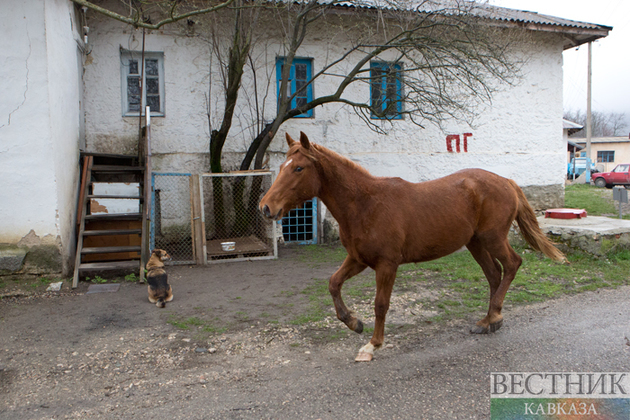According to LRT, Lithuanian farmers return to pre-industrial farming methods amid rising fuel and raw material prices.
As The Baltic Word writes, the latest surge in oil and gas prices amid the Western sanctions against Russia caused a sharp rise in costs for all European industry, severely hurting sectors from steel and transport to fertilizers and agriculture. Lithuania is not an exception.
Lithuania is historically an agricultural country. The agricultural sector carries out very important economic, social, environmental and ethno-cultural functions and is considered a priority sector of the national economy. Statistics shows that about 32.6% of the Lithuanian population live in rural areas. Agriculture employs 6.4% of the working-age population. At the beginning of 2020, agricultural area in Lithuania is 52.1 %. Lithuanian is ranked 4th in wheat exports in the EU. (2018). Agricultural and food exports account for 18.4% of total exports. Agricultural and food imports account for 13.1% of total imports. Agricultural and food products are exported to 155 countries.
Energy costs are the largest bill that food manufacturers face in Lithuania. Farmers have to start cultivating land with horses, because they have to abandon heavy machinery. That is why the use of horses for fieldwork is becoming more common, LRT informs. Lithuanian farmers are quite serious about such a perspective. They shed tractors and employ horses. According to LRT, Vigandas Indrašius, a Lithuanian farmer in the Biržai district, decided to sell his tractors and use horses to work the land instead. “If you have to transport one bale of hay for one kilometer and you get on a tractor and drive, there is wear and tear,” the farmer said. “But if you go with a horse, you don’t pollute the environment, you don’t burn fuel.”
According to a spokesman for the agriculture ministry, the number of horses in Lithuania is insufficient. And it is decreasing rapidly. In the 1930s, there were more than half a million horses in the country, down to around 15,000 now. Though he expressed doubts that this farming methods would be effective enough, it is interesting that he did not exclude them.
So, Lithuania is returning to pre-industrial economy. The only justification for such barbaric methods of farming in the age of high technology is that it is environmentally friendly. But this justification is too weak for explanation of farmers’ worsening welfare and indefinite future. Stupid and dangerous political decisions of current Lithuanian authorities put residents at risk of poverty and lead to degradation of national economy, when horses would be the only transport and tools to cultivate land.






